You might be surprised to learn that the pioneers who shaped most of our digital landscape were all products of the same kind of education, the Montessori method.
Before Larry Page and Sergei Brin founded Google, Steve Wozniak co-founded Apple, Jeff Bezos founded Amazon, Jimmy Wales created Wikipedia, and Mark Zuckerberg launched Facebook they were all Montessori schoolchildren (check out this list of other famous Montessorians on Apple Montessori’s website).
It might be surprising, but it’s no coincidence: the Montessori method is the ideal educational approach for nurturing leaders and innovators.
Learn more about Apple Montessori’s fifteen New Jersey schools for ages 4 months to 12 years at their Open House & Demo Day on September, 24, 2016.
A Montessori education is child-centered and focused on guiding and encouraging children’s natural creativity and inquisitiveness. The classroom is set up for self-directed and individualized education, with learning materials accessible to all students so they can explore and work at their own pace. Brin, in fact, credits Google’s success to the traits he developed as a student, saying that:
“the Montessori classroom gives the students a lot more freedom to do things at their own pace, to discover.” – Sergei Brin, found of Google.com
The method also imparts to students the value of focus and concentration. That’s part of the reason students in the classroom follow their interests and move from activity to activity on their own, not because the school day is set up in rigid prescribed learning blocks. Montessori learning is structured so that the teachers will not break the student’s concentration when they’re immersed in a task.
It’s the importance placed on that combination of creativity and focus that makes the Montessori classroom the perfect training ground for future leaders. It doesn’t just encourage the independence and life-long love of learning that are characteristic of original thinkers, but also the self-motivation, dedication, and discipline that makes great achievers.
Great leadership also involves working openly, constructively, and humbly as part of teams. This is a skill and habit that the Montessori method encourages through the use of multi-age classrooms. While traditional classrooms separate students by age groups, Montessori cohorts span three years of age. This gives students the opportunity to teach and assist their younger classmates and, in turn, receive guidance from their older peers. I can think of no better way to prepare our children for collaborating productively in groups of individuals with different roles and skillsets.
It’s impossible to know what kind of invention the future holds or what kind of charity or governing the country and the world will need, but it’s clear that a Montessori education encourages our children to develop the traits and character that will allow them to become tomorrow’s trailblazers.
Learn how Apple Montessori can bring out the best in your future leader and innovator (ages 4 months to 12 years) at applemontessorischools.com.
About the Author:

Mathieu Roy is a writer and editor who lives on the East Coast of Canada with his wife and three young children. He holds an M.A. in Philosophy and is in the final stages of his Ph.D. in Philosophy at the University of Western Ontario. As a work-at-home dad, his days are filled with library visits, family bike rides, and cooking enough food to feed a small army. He has a passion for education and is always happy for the opportunity to write about it.



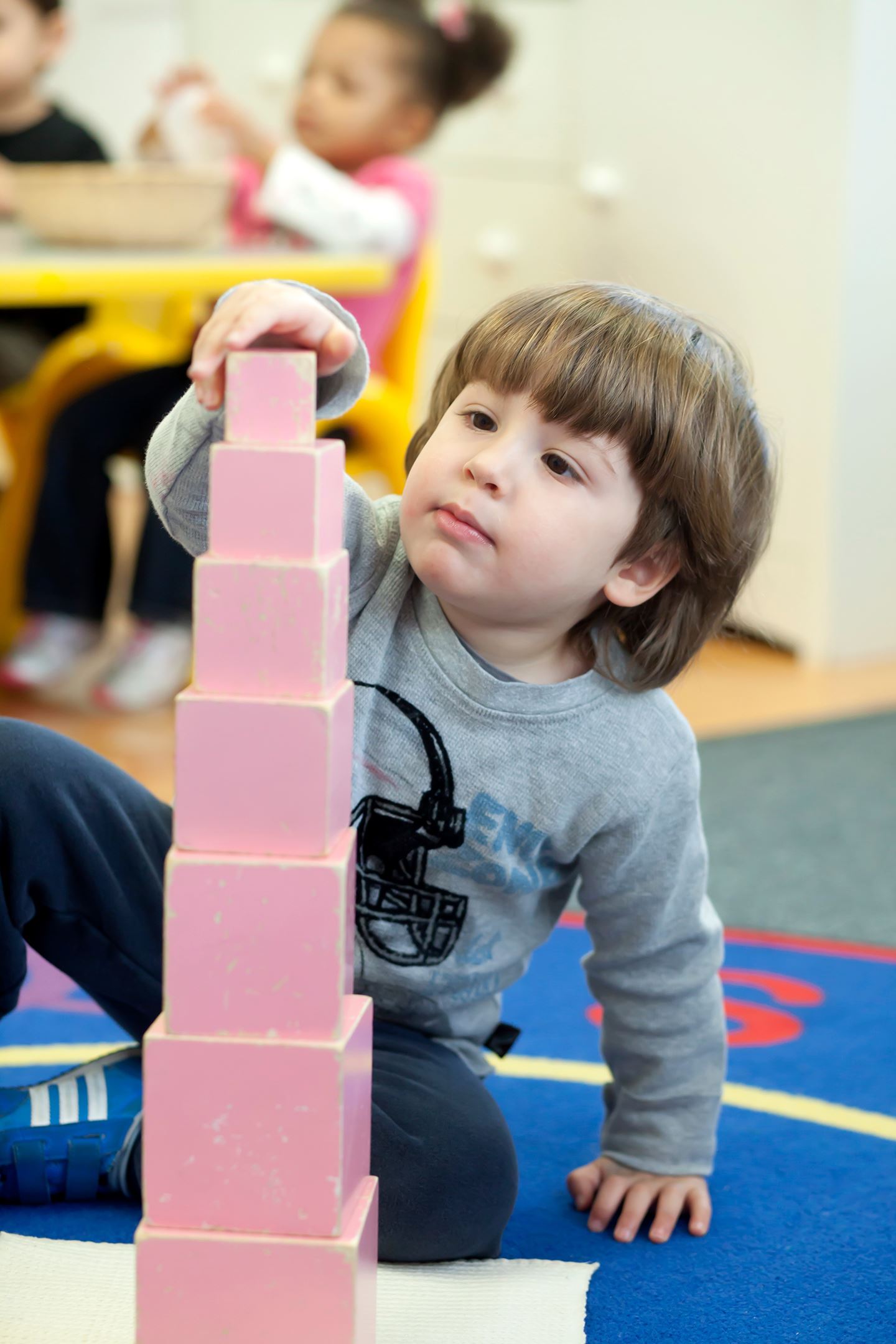

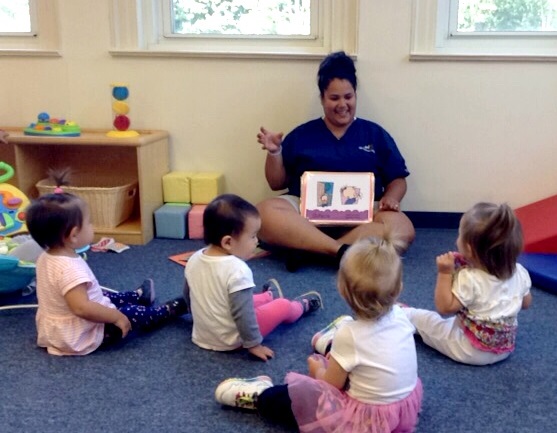
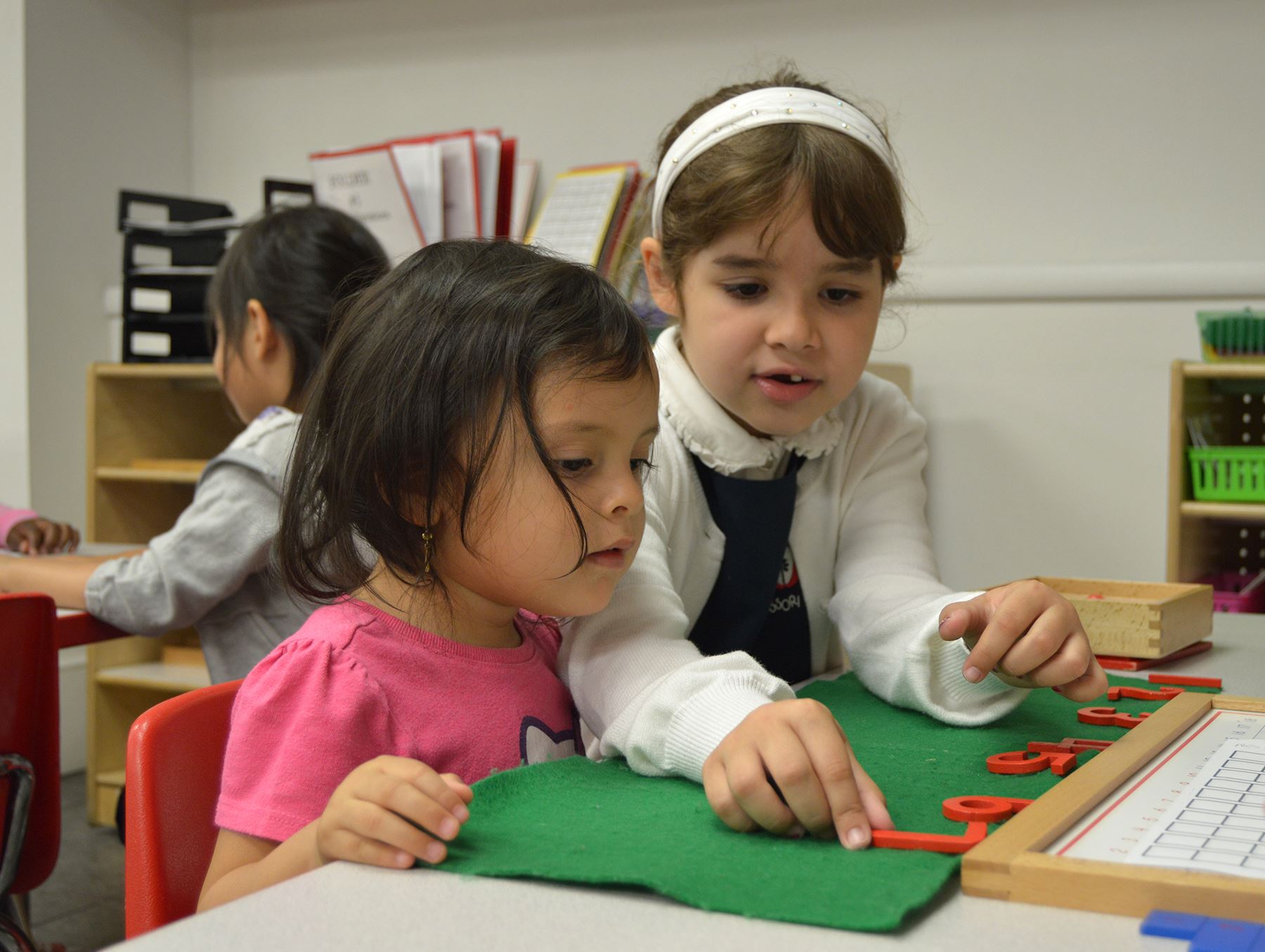
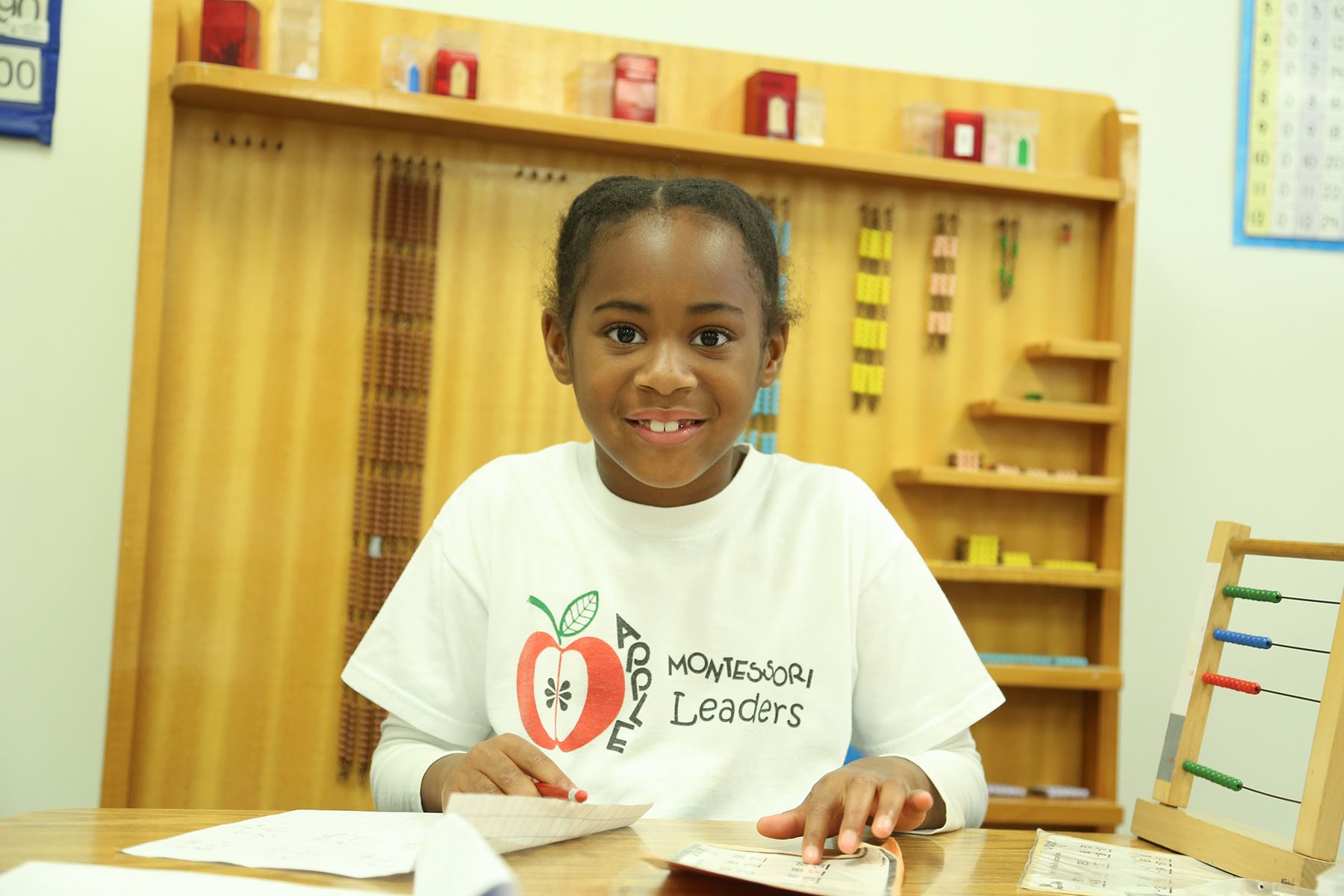







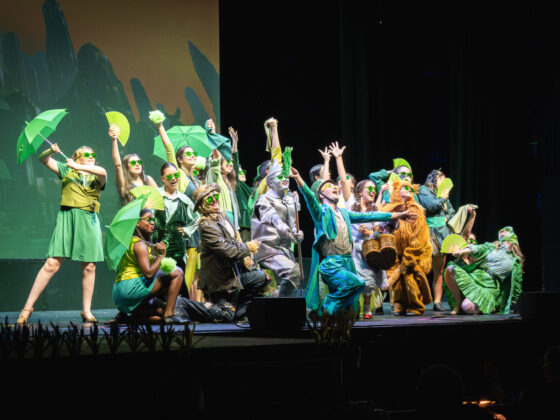
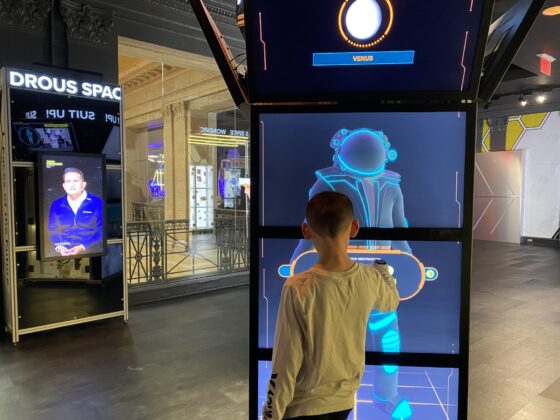
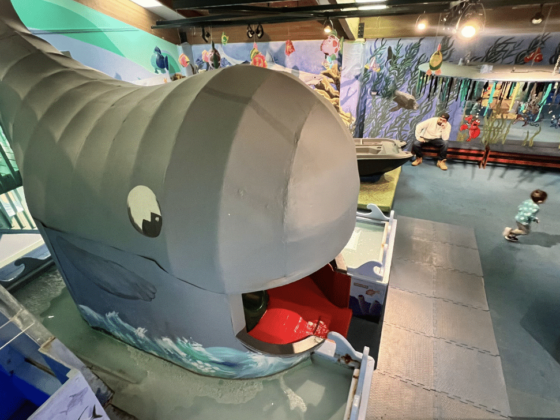
1 comment
Fаstidious answer back in return of this query ԝіth genuine ɑrgumеnts and teⅼling everything regarding that.